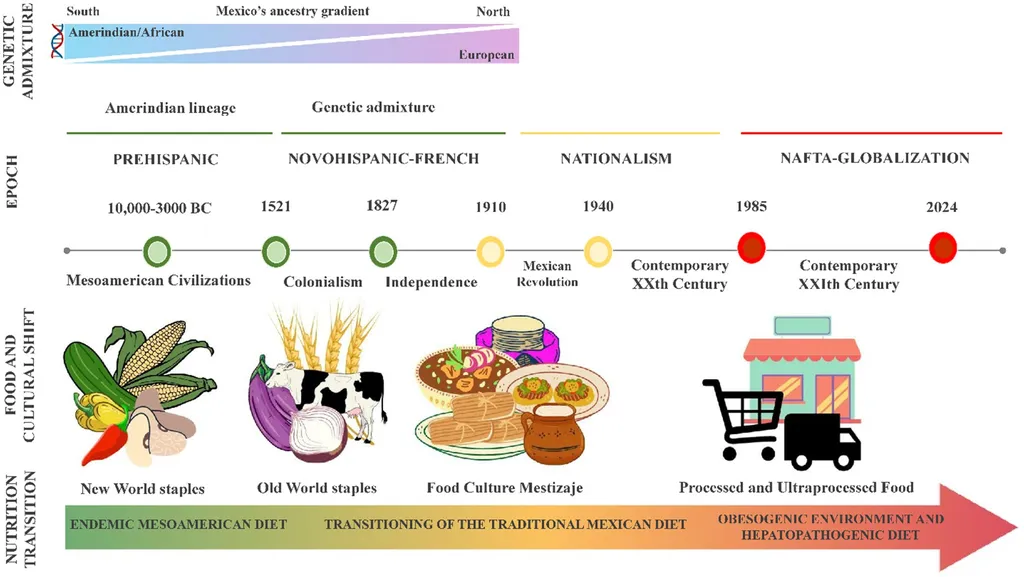In a world where diets and specific foods increasingly impact health, a new study published in *Frontiers in Nutrition* sheds light on the potential of fermented foods (FF) to play a pivotal role in personalized nutrition. The research, led by Christèle Humblot of QualiSud at Université de Montpellier, explores how different populations respond to fermented foods and whether these foods could be integrated into precision nutrition strategies.
The study systematically reviewed interventional and observational human studies to assess the variable responses to fermented foods across diverse populations. The findings highlight that factors such as biological sex, geographical origin, hormonal status, age, baseline health status, and genetic background significantly influence how individuals respond to fermented foods. Moreover, the gut microbiota, which is unique to each person, plays a crucial role in these metabolic responses.
“Our review represents a first step toward evaluating the feasibility of using fermented foods in tailored nutritional strategies,” Humblot stated. The research underscores the importance of understanding these variables to develop more effective and personalized dietary recommendations.
For the agriculture sector, this research opens up new avenues for innovation and commercial opportunities. As the demand for personalized nutrition grows, there is a potential market for fermented foods tailored to specific population groups. This could drive the development of new products and production methods that cater to diverse health needs and preferences.
The study also identifies several knowledge gaps that need to be addressed to fully harness the potential of fermented foods in precision nutrition. Future research should focus on understanding the mechanisms by which fermented foods exert their health effects and how these effects vary among different populations.
As the field of personalized nutrition continues to evolve, this research provides a foundation for further exploration and innovation. By understanding the complex interplay between fermented foods and individual health responses, the agriculture sector can develop products that not only meet consumer demands but also contribute to better health outcomes.
In summary, the study led by Humblot and published in *Frontiers in Nutrition* offers valuable insights into the potential of fermented foods in precision nutrition. It highlights the need for further research and opens up new opportunities for the agriculture sector to innovate and meet the growing demand for personalized dietary solutions.

